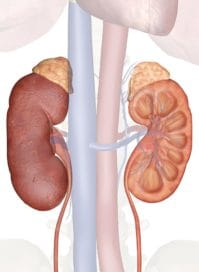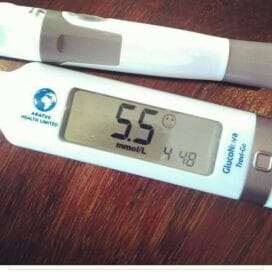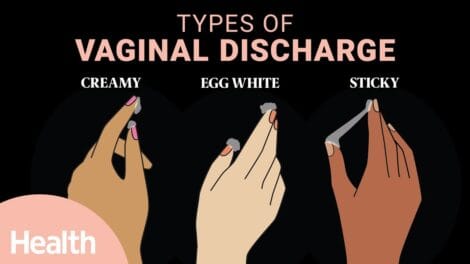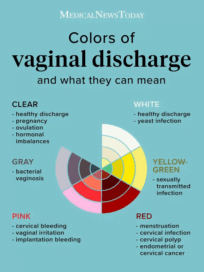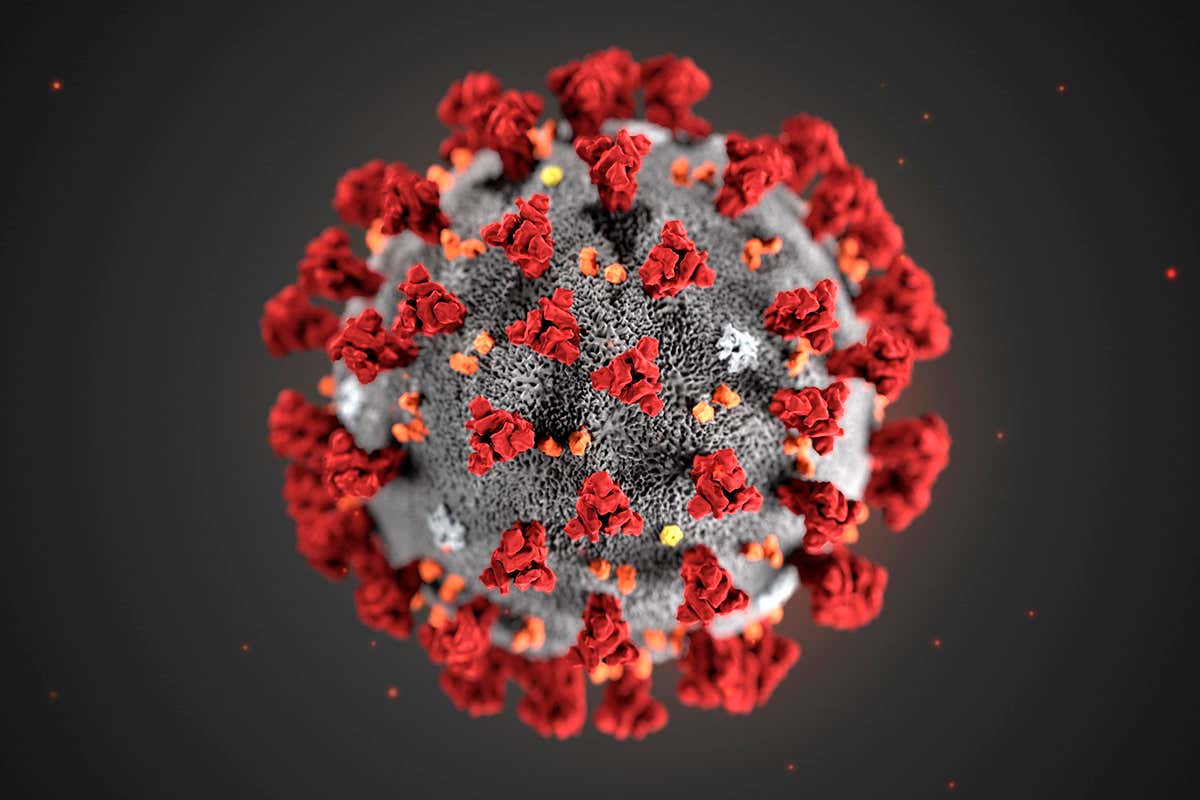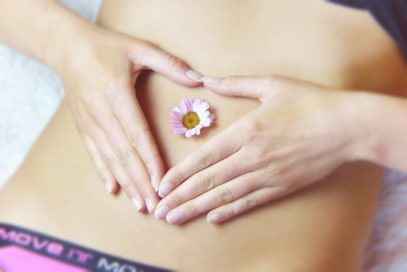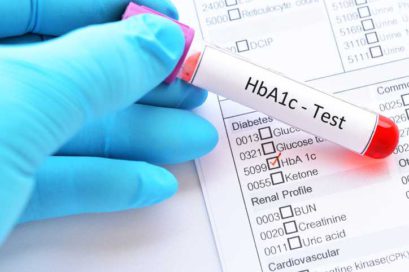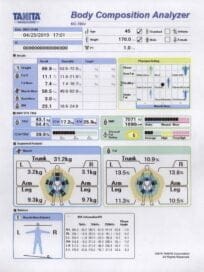Polycystic Ovarian Syndrome Polycystic ovarian syndrome (PCOS) may be present in up to half of all women with type 2 diabetes. It affects the menstrual cycle and the ability to have children and increases the risk of coronary and vascular disease. Women typically seek medical care when they are having difficulty conceiving or are concerned about their physical appearance related to elevated androgen levels.
A woman’s ovaries have follicles, which are tiny, fluid-filled sacs that hold the eggs. When an egg is mature, the follicle releases the egg so it can travel to the uterus for fertilization. In women with PCOS, immature follicles bunch together to form large cysts or lumps. The eggs mature within the bunched follicles, but the follicles don’t break open to release them.
As a result, women with PCOS often don’t have menstrual periods, or they only have periods on occasion. Because the eggs are not released, most women with PCOS have trouble getting pregnant.
#Screening
In the absence of pregnancy and when menstruation is absent or infrequent menstrual periods (fewer than six to eight periods per year) have persisted for six months. A careful history and examination should be made to evaluate the possible diagnosis of PCOS.
Diagnosis Clinical features of PCOS are the following;
1. Hirsutism (excess hair most often noticeable around the mouth and chin)
2. Acne
3. Central obesity
4. Weight gain
5. Mood fluctuations, depression
6. Elevated testosterone level
7. Elevated luteinizing hormone (LH helps control the menstrual cycle)
8. Normal to mildly elevated follicle-stimulating hormone
9. Hyperinsulinemia
10. Follicular cysts
11. Amenorrhea, oligomenorrhea (absent or infrequent menstrual periods)
12. Dyslipidemia (imbalance of lipids)
13. Hypertension (High blood pressure)
14. Male-patterned baldness
15. Acanthosis nigricans (dark discoloration in body folds and creases)
16. Sleep apnea
#Treatment
Treatment for PCOS depends on a number of factors. These may include your age, how severe your symptoms are, and your overall health. The type of treatment may also depend on whether you want to become pregnant in the future.
If you do plan to become pregnant, your treatment may include:
- A change in diet and activity. A healthy diet and more physical activity can help you lose weight and reduce your symptoms. They can also help your body use insulin more efficiently, lower blood glucose levels, and may help you ovulate.
- Medications to cause ovulation. Medications can help the ovaries to release eggs normally. These medications also have certain risks. They can increase the chance for a multiple birth (twins or more). And they can cause ovarian hyperstimulation. This is when the ovaries release too many hormones. It can cause symptoms such as abdominal bloating and pelvic pain.
If you do not plan to become pregnant, your treatment may include:
- Birth control pills. These help to control menstrual cycles, lower androgen levels, and reduce acne.
- Diabetes medication. This is often used to lower insulin resistance in PCOS. It may also help reduce androgen levels, slow hair growth, and help you ovulate more regularly.
- A change in diet and activity. A healthy diet and more physical activity can help you lose weight and reduce your symptoms. They can also help your body use insulin more efficiently, lower blood glucose levels, and may help you ovulate.
- Medications to treat other symptoms. Some medications can help reduce hair growth or acne.
#Prevention
Assessment and lifestyle counseling early in childhood to prevent possible onset in teenage years, especially if other female family members have PCOS.

